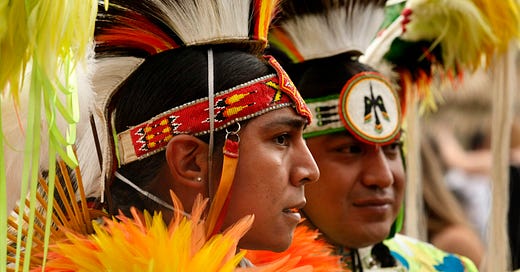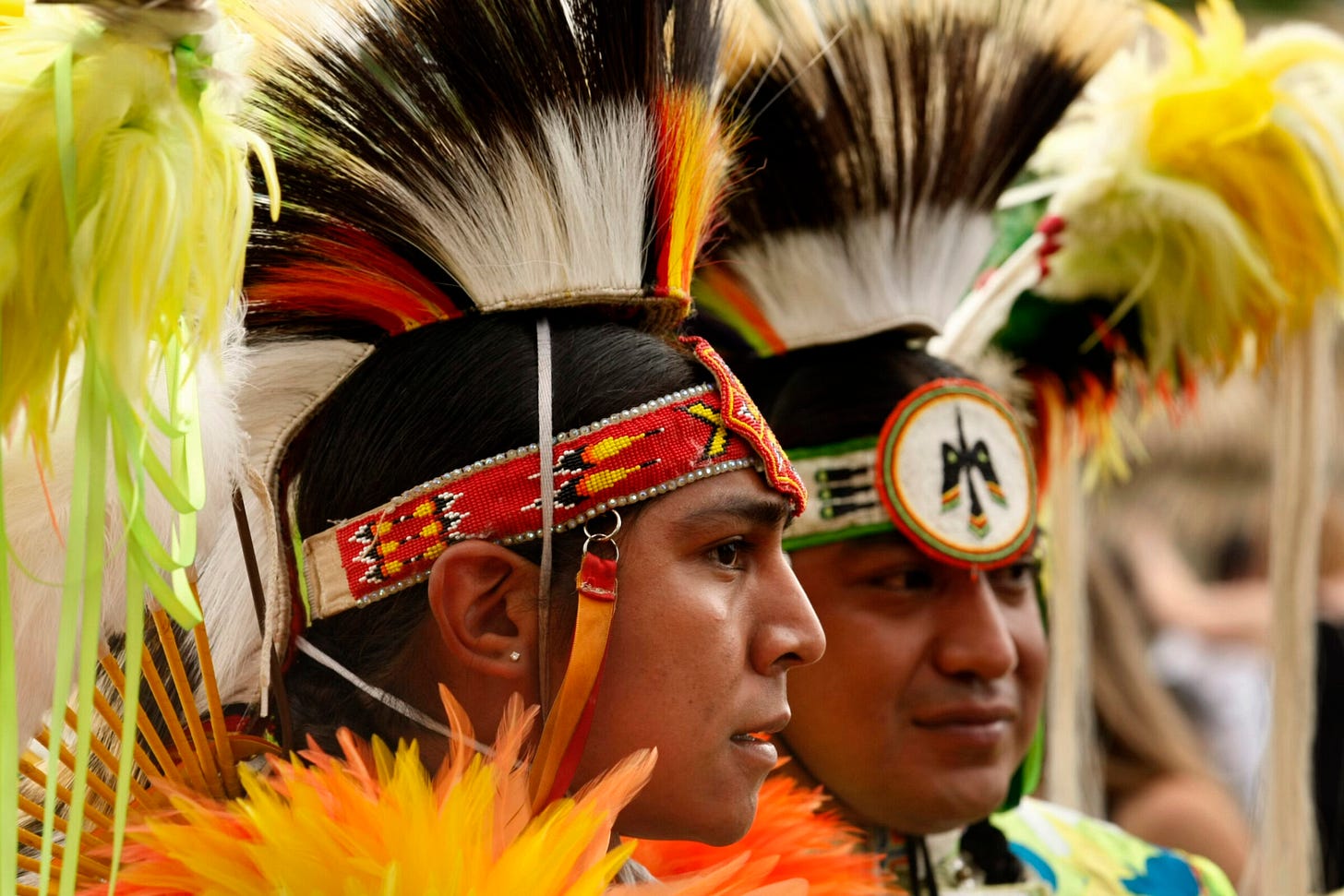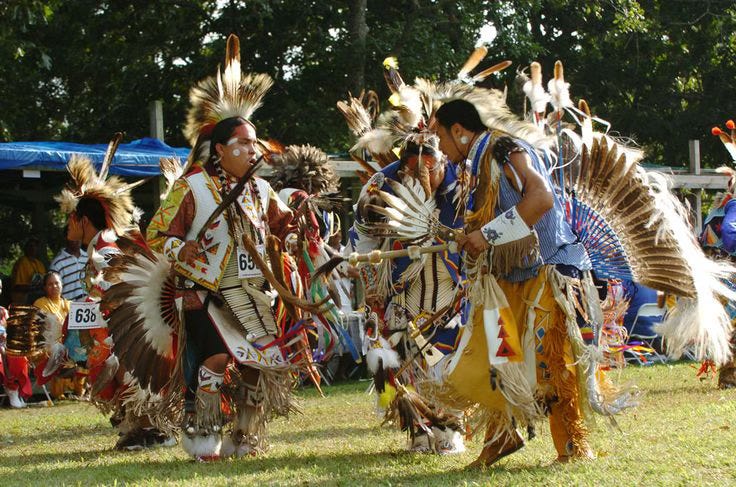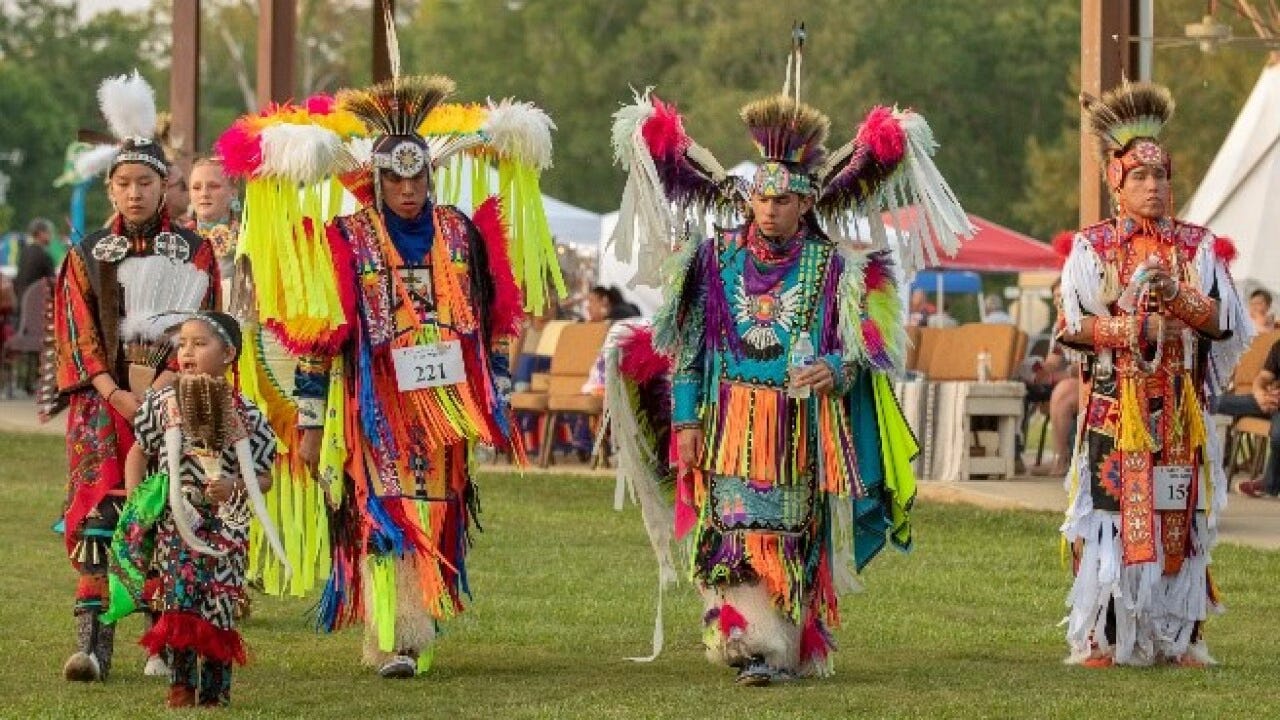Sovereign Roots: Louisiana’s Four Federally Recognized Tribes and Their Living Legacy
By The Bayou Insider Staff
Beneath the cypress trees and along the winding bayous of Louisiana lives a story far older than the state itself. It is the story of the original inhabitants of this land—tribes whose cultures, languages, and traditions have endured through colonization, forced removal, and centuries of marginalization.
Today, four of Louisiana’s tribes are federally recognized: the Chitimacha, Coushatta, Jena Band of Choctaw Indians, and Tunica-Biloxi. Each of these sovereign nations is not only preserving a proud past but building a strong and self-sufficient future.
What Does Federal Recognition Mean?
Federal recognition affirms a tribe’s sovereign status and establishes a formal government-to-government relationship with the United States. It allows tribes to govern themselves, access federal funds for education, housing, and health, and pursue legal protections for their land and cultural resources.
But it is not easily won. Many tribes wait decades for recognition, compiling extensive documentation to prove continuous existence, political structure, and cultural identity. In Louisiana, only four tribes have received this status—despite many more Indigenous communities living throughout the state.
The Chitimacha Tribe of Louisiana
Homeland: St. Mary Parish | Headquarters: Charenton, LA
The Chitimacha people have lived in the Atchafalaya Basin for thousands of years. Before European contact, they were among the most prominent tribes in the Gulf Coast region, known for complex societal structures, fishing expertise, and distinctive basket weaving.
Today, the Chitimacha are recognized as the only tribe in Louisiana that still owns a portion of their original ancestral lands. Their cultural identity remains strong—anchored by a tribal school, a historic preservation office, and a nationally recognized language revitalization project.
The tribe’s economic centerpiece is Cypress Bayou Casino Hotel, which funds tribal infrastructure including education, public safety, and health services. The Chitimacha government continues to expand services for its citizens while promoting environmental conservation in the bayous they’ve called home for generations.
The Coushatta Tribe of Louisiana
Homeland: Allen Parish | Headquarters: Elton, LA
The Coushatta people—also known as Koasati—migrated westward into Louisiana from the Southeastern U.S. during the 18th and 19th centuries, seeking refuge from encroaching settlers and conflict. They brought with them a vibrant language, spiritual traditions, and a deep connection to the land.
In modern times, the Coushatta have worked diligently to protect their language, offering Koasati language instruction in schools and online platforms. They host regular powwows and cultural events that invite both tribal members and the public to celebrate their traditions.
Economically, the Coushatta Tribe is a force in central Louisiana. The Coushatta Casino Resort is one of the largest private employers in the region, generating revenue that funds a tribal police force, health clinics, housing programs, and scholarships. Their success has become a model of Indigenous-led economic development.
The Jena Band of Choctaw Indians
Homeland: LaSalle Parish | Headquarters: Jena, LA
The Jena Band of Choctaw Indians traces its lineage to Choctaw families who remained in Louisiana while many others were forcibly relocated along the Trail of Tears. For generations, they lived without official recognition, struggling to maintain community cohesion in the face of poverty and exclusion.
In 1995, the tribe achieved federal recognition—after years of advocacy and documentation. Since then, they’ve built a tribal government, constructed housing, and launched education and health initiatives that have transformed the quality of life for their citizens.
The Jena Band is also deeply committed to cultural revitalization. Tribal elders teach traditional crafts, songs, and dances, while youth programs foster pride in Choctaw identity. Their annual gatherings serve as both a celebration and a spiritual renewal.
The Tunica-Biloxi Tribe of Louisiana
Homeland: Avoyelles Parish | Headquarters: Marksville, LA
The Tunica-Biloxi are a merged tribe, descendants of two distinct nations who came together in the 1700s after facing devastation from war and disease. Historically located along the Mississippi River, the Tunica were expert traders, while the Biloxi were known for their coastal settlement and adaptive spirit.
Federal recognition came in 1981 after decades of legal battles. Since then, the Tunica-Biloxi have built a thriving tribal government and launched a cultural revitalization movement, including language recovery and archival efforts.
The Paragon Casino Resort, owned and operated by the tribe, has become a cornerstone of the region’s economy. Revenue from the casino supports everything from early childhood education to elder care, as well as partnerships with local schools and law enforcement. Their Tunica-Biloxi Cultural and Educational Resources Center serves as a hub for preserving oral histories, artifacts, and Indigenous scholarship.
Shared Challenges and Modern Collaboration
Despite their successes, Louisiana’s tribes face ongoing battles over land rights, environmental degradation, and underrepresentation in state and federal decisions. Rising sea levels threaten sacred lands. Budget constraints limit cultural programs. And misinformation continues to cloud public understanding of tribal sovereignty.
Yet there is strength in solidarity. These four tribes frequently collaborate on intertribal initiatives, legal advocacy, and cultural preservation efforts. Through organizations like the United Houma Nation Cultural Institute and Louisiana Indian Heritage Association, they amplify their voices and ensure that Indigenous perspectives are part of the state’s future.
Why This Matters for Louisiana
Too often, Indigenous history is treated as something of the past. But the Chitimacha, Coushatta, Jena Band of Choctaw, and Tunica-Biloxi are very much present—and shaping the future. Their leadership in business, education, and cultural preservation is a testament to their resilience and ingenuity.
These tribes are not just "recognitions on paper"—they are vibrant, sovereign nations that contribute daily to the social, spiritual, and economic life of Louisiana.
To understand Louisiana fully, we must honor its First Nations—not just during Native American Heritage Month or at cultural festivals, but every day.
📚 Sources & Further Reading
USA Today Network / The News-Star
What are the four federally recognized Indigenous tribes in Louisiana?Louisiana Tribal Resources – LA Division of Historic Preservation
📣 Call to Action: Honor, Learn, Support
Louisiana’s Indigenous tribes are not relics of a forgotten past—they are living nations, shaping our state’s future with wisdom, strength, and resilience. As citizens of this shared land, we have a responsibility to:
Honor their sovereignty and heritage
Learn their histories, cultures, and languages
Support their efforts to preserve identity, protect land, and build thriving communities
Start today by visiting the official websites of these tribes, attending a local powwow or cultural event, and sharing this article with your family, church, or classroom. Education leads to empathy—and empathy leads to action.
Louisiana cannot fully understand itself without the voices of its First Peoples. Let’s make sure those voices are heard.









